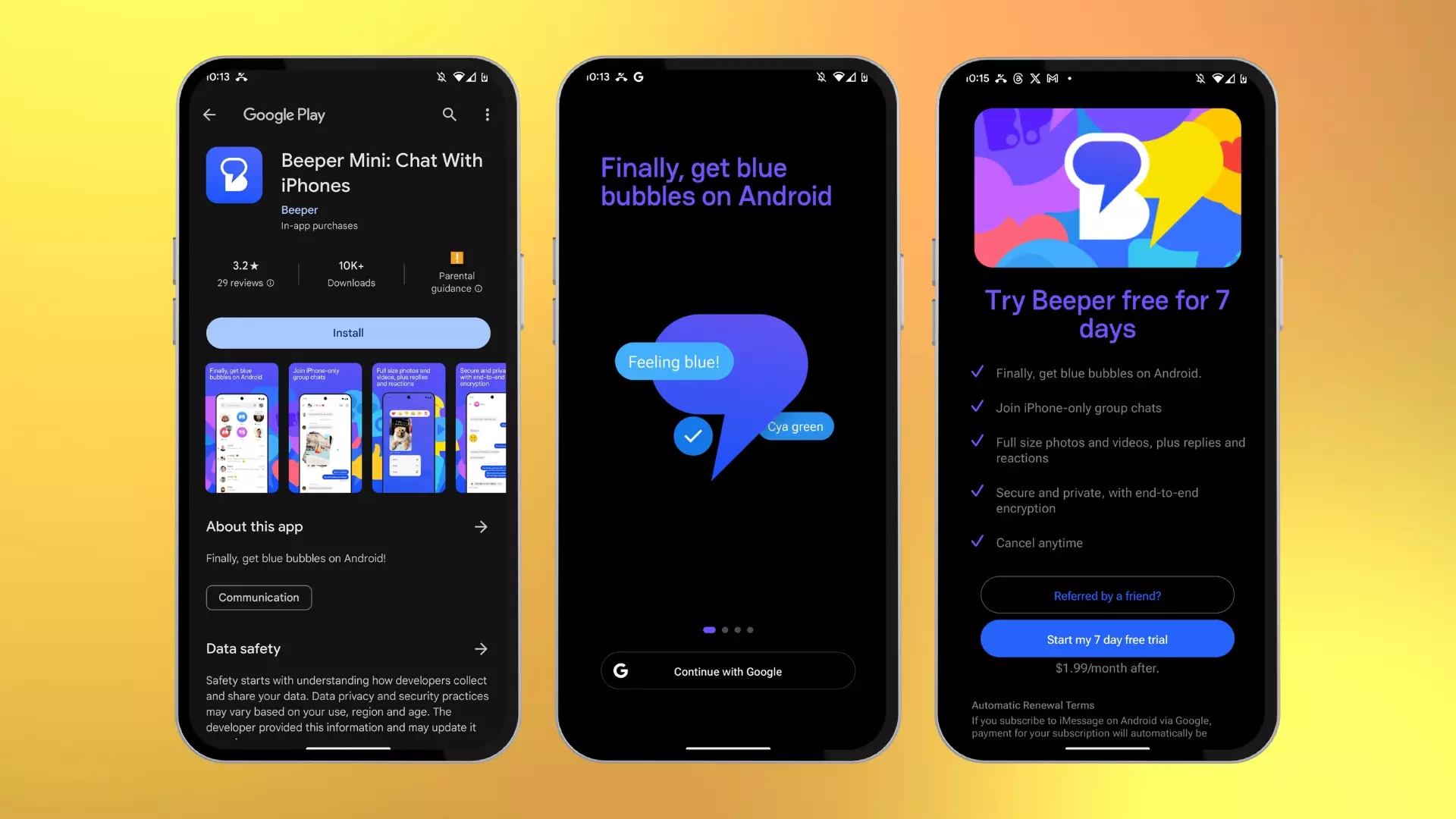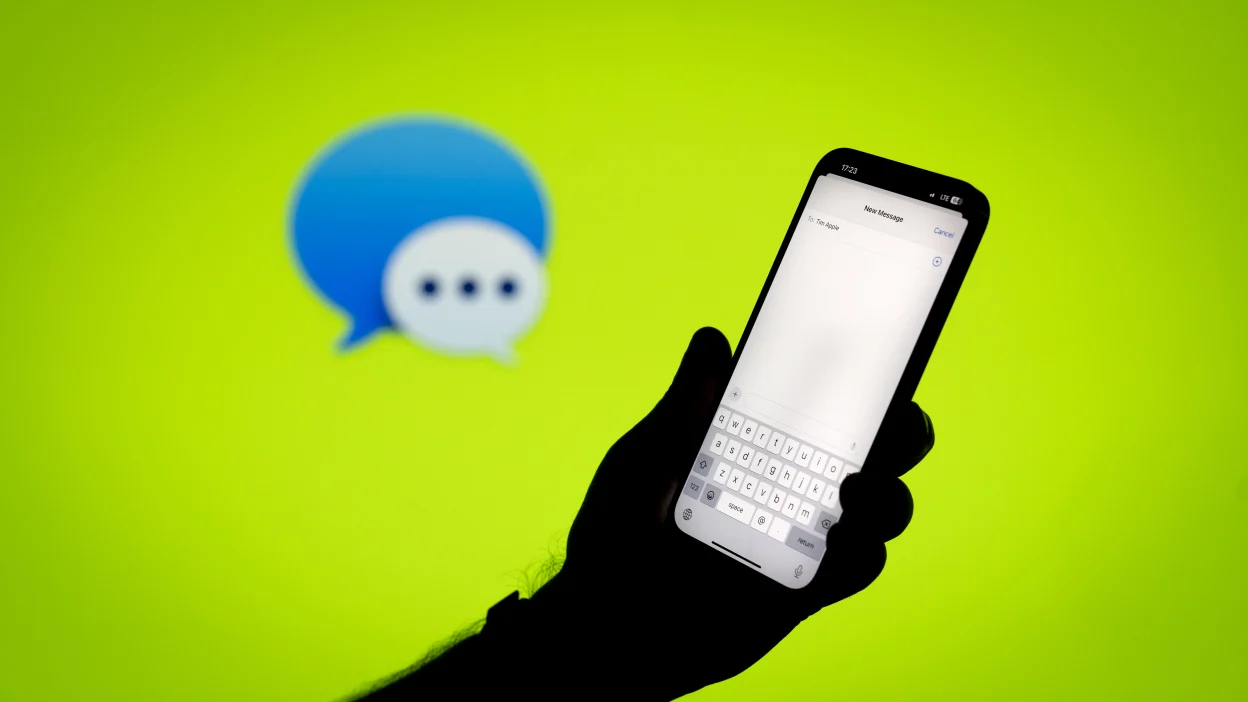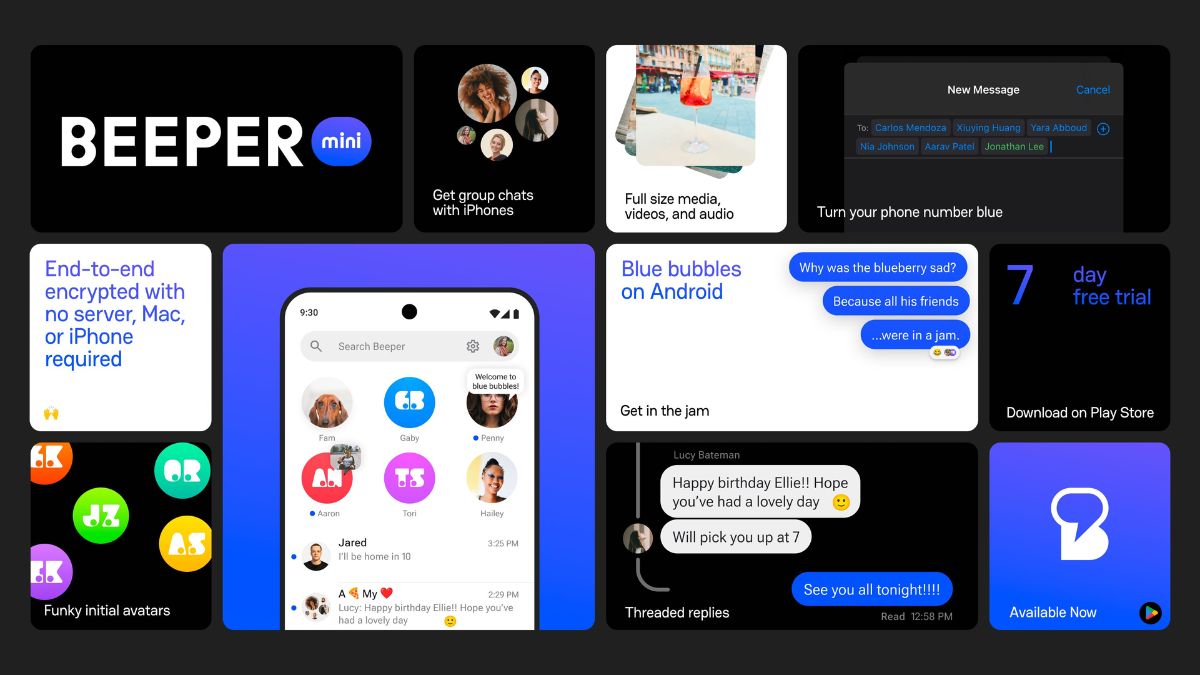In a recent turn of events, the Federal Communications Commission (FCC) has been urged to take a closer look at Apple Inc.’s decision to discontinue Beeper Mini, sparking a widespread debate on privacy and accessibility standards. The call for an investigation comes from Republican Commissioner Brendan Carr, who voiced his concerns at the State of the Net Conference.
Carr’s appeal emphasizes the need to assess whether Apple’s move to degrade Beeper Mini’s functionality violates FCC regulations, particularly those related to user accessibility.

A Closer Look at the Controversy
Beeper Mini, an innovative app that briefly allowed Android users to access iMessage features, became the center of a heated debate when Apple decided to block its functionality. This decision has raised eyebrows and prompted discussions on the implications of Apple’s control over its ecosystem and its impact on competition and user accessibility.
The FCC’s Role in Ensuring Accessibility
Under FCC’s Part 14 rules, advanced communication services, including iMessage, are required to meet certain accessibility standards. Commissioner Carr pointed out that the termination of the app could potentially infringe upon these regulations. He highlighted the specific issue of low-contrast green bubbles in iMessage, which poses challenges for individuals with visual impairments, to underscore the broader implications of Apple’s actions on accessibility.

Beyond Beeper Mini: A Broader Debate on Openness and Competition
Carr’s concerns extend beyond the immediate issue of Beeper Mini. He critiqued Apple’s broader practice of creating closed ecosystems around its products and services, suggesting that such strategies could stifle competition and innovation, particularly in emerging fields like augmented and virtual reality.
This stance by Carr reflects a growing debate within the tech industry about the balance between proprietary technologies and the need for a more open, competitive landscape.
FCC commissioner wants to investigate Apple over Beeper Mini shutdown.
Apple might be in some trouble here 🤣🤣 pic.twitter.com/lLCyH2s8fN— I Hate Apple (@iHateApplee) February 13, 2024
The Demise of Beeper Mini
The app gained significant attention for its ability to bridge the gap between Android and iMessage, offering features like blue message bubbles and seamless media sharing. However, Apple’s intervention marked the end of Beeper Mini’s short-lived success.
In the lead-up to its shutdown, the app faced considerable obstacles, requiring users to employ outdated jailbroken iPhones and complex configurations to maintain functionality—a process that ultimately proved futile for many.
The Future of Messaging and Apple’s Role
Despite the shutdown of Beeper Mini, the conversation around messaging standards and interoperability continues. Apple has indicated plans to support Rich Communication Services (RCS) in the future, though the extent of this support remains to be seen.
The ongoing debate around messaging compatibility, highlighted by the Beeper Mini saga, underscores the evolving dynamics between tech giants in the digital age.

Moving Forward
The call for an FCC investigation into the shutdown of Beeper Mini by Apple underscores a critical juncture in the discussion on privacy, accessibility, and competition within the tech industry.
As the landscape continues to evolve, the actions of major players like Apple will remain under scrutiny, with implications that extend far beyond a single app’s functionality to the very principles governing innovation and user rights in the digital era.


